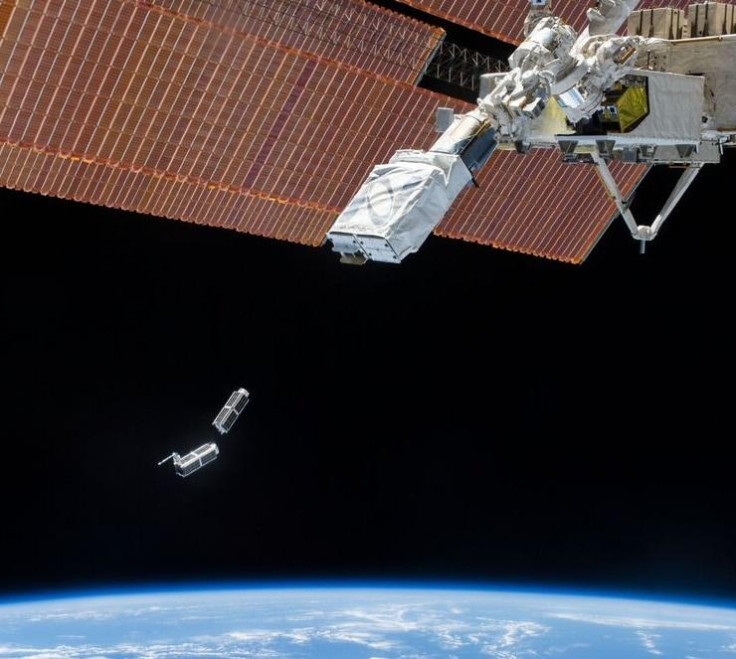NASA, ESA plan to deflect asteroids to save the world
Both space agencies believe that they can deflect an asteroid by crashing a spacecraft into it.
NASA and ESA may not have remained some of the few entities working in space tech, but they are working together to exert their relevance. The two agencies are meeting in Rome next week to discuss an important matter – Asteroid Impact Deflection Assessment.
The joint research mission assesses how the space agencies might be able to deflect an asteroid from crashing into earth. This they would do by crashing a spacecraft into it.
NASA's Double Asteroid Impact Test (DART) will launch in 2021 and crash into the Didymo asteroid between earth and mars. It will crash at a speed of around 23,760 km for maximum impact. Italian miniature satellite, LICIACube will study the moment of impact.
Post this, the ESA will launch the Hera probe in October 2024 to study the targeted Didymo. It will see the impact crater, mass and radar probe and return to earth in 2026.
"Our mission will test a variety of important new technologies, including deep space CubeSats, inter-satellite links and autonomous image-based navigation techniques, while also providing us with valuable experience of low-gravity operations," Ian Carnelli, manager of the Hera probe stated on ESA's website.
But, why have the space agencies targeted Didymo? Firstly, it is accompanied by a similar, smaller Didymo which makes it easier to change its way; than would be for other asteroids. Had it been flying solo, it may have been difficult to predict its trajectory, according to the ESA.
While this is not a real crisis in which NASA, ESA is saving the world in a Hollywood manner, it is a determining test. It will provide material for studying what needs to be done when such a situation emerges.
It is a small moving asteroid, and a real asteroid maybe something much faster and uncontrollable. This is, in that sense, is a baby step towards creating a defense mechanism against incoming asteroids.
Will humans meet the same fate as dinosaurs or will NASA and ESA save the planet? Stay Tuned.

© Copyright IBTimes 2025. All rights reserved.





















